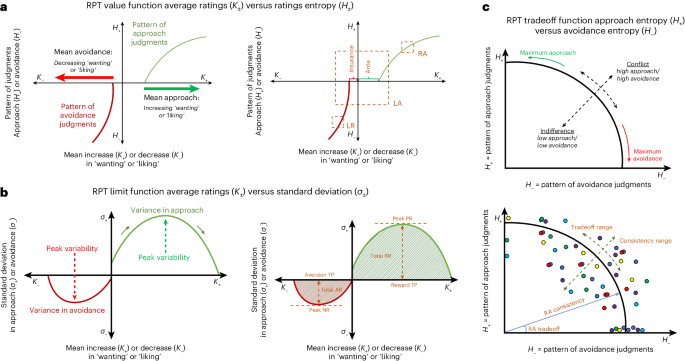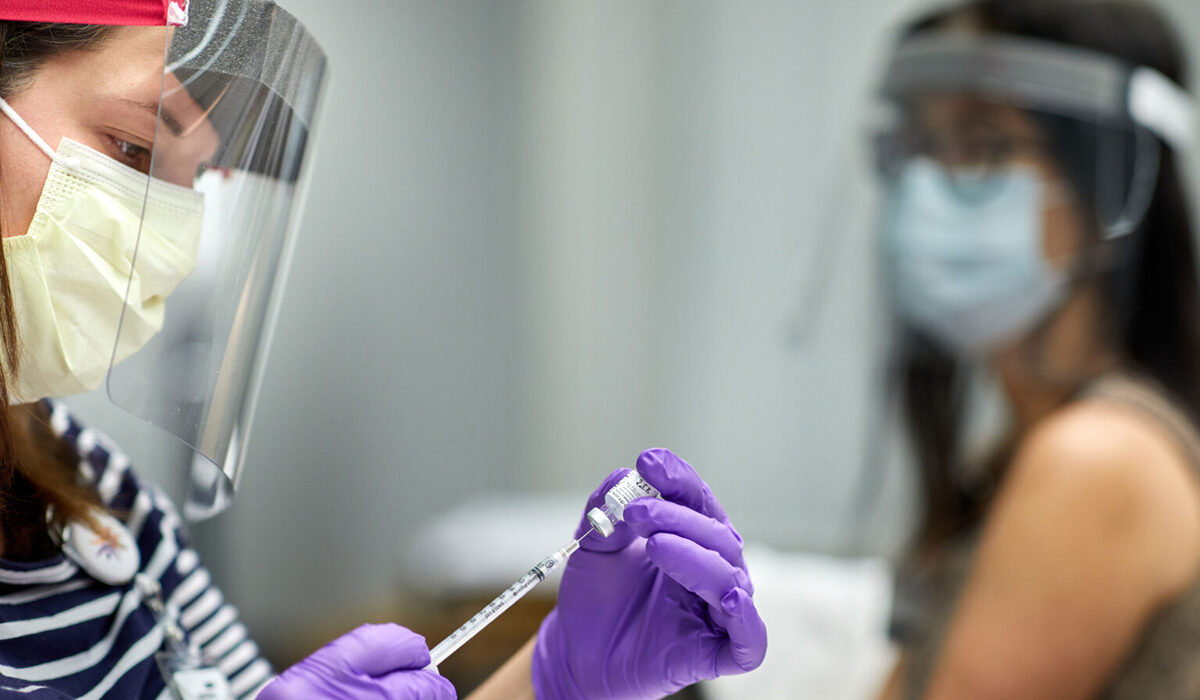2024-05-17 ワシントン大学セントルイス校
<関連情報>
- https://source.wustl.edu/2024/05/chemo-for-glioblastoma-enhanced-by-tapping-into-cells-daily-rhythms/
- https://link.springer.com/article/10.1007/s11060-023-04535-9
膠芽腫におけるTMZ感受性の日内リズムの根底には、MGMT発現とプロモーターメチル化の概日制御がある Circadian regulation of MGMT expression and promoter methylation underlies daily rhythms in TMZ sensitivity in glioblastoma
Maria F. Gonzalez-Aponte,Anna R. Damato,Laura Lucía Trebucq,Tatiana Simon,Sandra P. Cárdenas-García,Kevin Cho,Gary J. Patti,Diego A. Golombek,Juan José Chiesa,Joshua B. Rubin & Erik D. Herzog
Journal of Neuro-Oncology Published:26 January 2024
DOI:https://doi.org/10.1007/s11060-023-04535-9
Abstract
Background
Glioblastoma (GBM) is the most common primary brain tumor in adults. Despite extensive research and clinical trials, median survival post-treatment remains at 15 months. Thus, all opportunities to optimize current treatments and improve patient outcomes should be considered. A recent retrospective clinical study found that taking TMZ in the morning compared to the evening was associated with a 6-month increase in median survival in patients with MGMT-methylated GBM. Here, we hypothesized that TMZ efficacy depends on time-of-day and O6-Methylguanine-DNA Methyltransferase (MGMT) activity in murine and human models of GBM.
Methods and results
In vitro recordings using real-time bioluminescence reporters revealed that GBM cells have intrinsic circadian rhythms in the expression of the core circadian clock genes Bmal1 and Per2, as well as in the DNA repair enzyme, MGMT. Independent measures of MGMT transcript levels and promoter methylation also showed daily rhythms intrinsic to GBM cells. These cells were more susceptible to TMZ when delivered at the daily peak of Bmal1 transcription. We found that in vivo morning administration of TMZ also decreased tumor size and increased body weight compared to evening drug delivery in mice bearing GBM xenografts. Finally, inhibition of MGMT activity with O6-Benzylguanine abrogated the daily rhythm in sensitivity to TMZ in vitro by increasing sensitivity at both the peak and trough of Bmal1 expression.
Conclusion
We conclude that chemotherapy with TMZ can be dramatically enhanced by delivering at the daily maximum of tumor Bmal1 expression and minimum of MGMT activity and that scoring MGMT methylation status requires controlling for time of day of biopsy.
Graphical abstract



